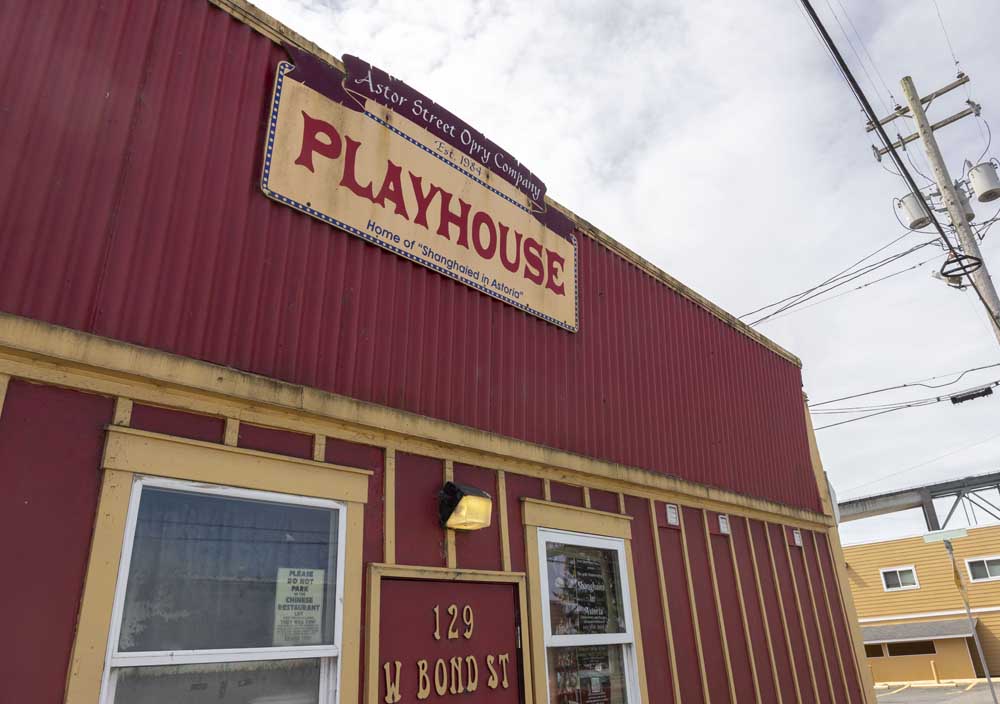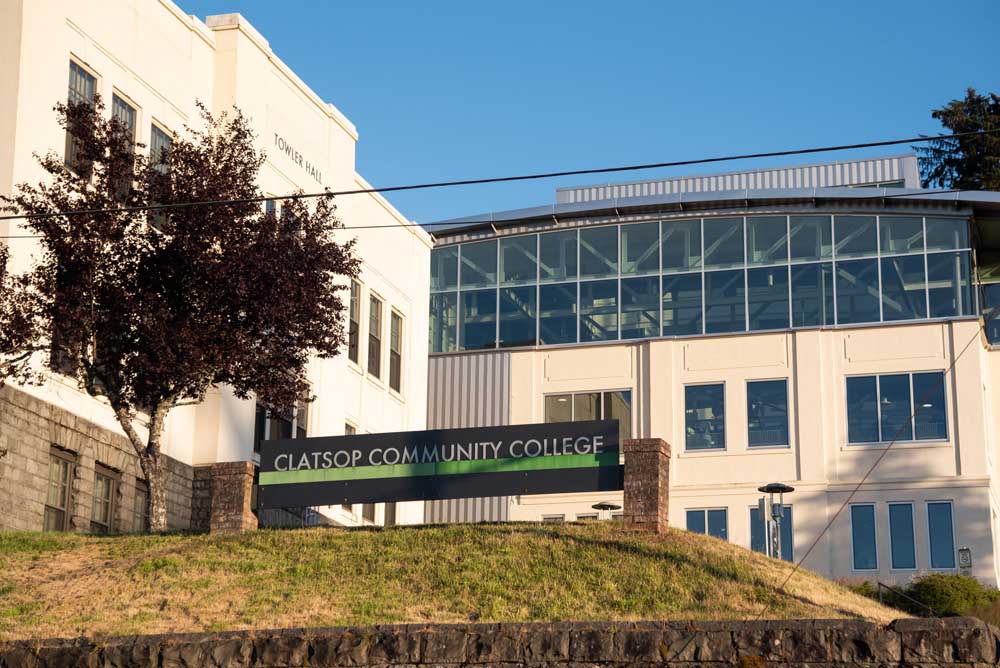Our View: Nonprofit boards must be accountable
Published 12:30 am Thursday, September 26, 2024

- The Astor Street Opry Co. is shown on W. Bond Street.
Nonprofits play vital roles in life on the North Coast.
Trending
They fill gaps in our social services safety net, complement our institutions and enrich us through culture and the arts.
Finding qualified volunteers to serve on nonprofit boards is a crucial ingredient for success. Ideally, volunteers share the mission, have the bandwidth to understand leadership and finance and possess a sense of responsibility.
Even the most dedicated volunteers, though, have blind spots. Board governance often takes place outside the public eye, creating a lack of guardrails and a tendency to turn inward during times of conflict.
Trending
We bring this topic up because of the recent acknowledgment by the Astor Street Opry Co. of financial difficulties. The playhouse on W. Bond Street is known for the long-running melodrama “Shanghaied in Astoria.”
A legal notice published in The Astorian over the summer indicated the playhouse was facing a public auction of the property in late August.
The newspaper reached out to the Astor Street Opry Co. with questions and was told by the board in an email that the issue had been blown out of proportion. The board said they would be able to speak further in the days after the 40th season of “Shanghaied in Astoria” wrapped up.
But the board did not respond. Instead, after several days, the board posted a lengthy statement on the Astor Street Opry Co. Facebook page addressed to theater patrons and community members. The statement said it was essential to provide clarification and transparency, but did not detail the financial difficulties that prompted the scheduling of a public auction.
Acknowledging missteps that jeopardized financial stability, the board hinted at discrepancies with financial and operational records. “Sadly, we have uncovered instances of dishonesty by individuals associated with the theater during and through Covid, leading to a substantial loss of funds and damage/loss to our equipment and property,” the board statement said. “The extent of these findings has proven to be far greater than initially anticipated, leaving us in a state of shock and disillusionment.
“The challenges of 2023 were particularly demanding, with numerous repair issues and escalating expenses that have put additional strain on our resources. The realization that we were subjected to fraudulent activities has compounded our difficulties, putting the organization in a vulnerable position both financially and operationally.”
When a reporter for The Astorian was able to reach a board member, the response was defensive and the board member questioned why the newspaper was pursuing a story. Soon after a story appeared on The Astorian’s website, the board issued a new statement describing “exciting news.”
“The ASOC is pleased to announce a new partnership with a generous local supporter who has graciously stepped in as our new mortgage trustee,” the board statement said. “This collaboration has enabled us to secure a more advantageous financing deal, ensuring the continued growth and well-being of our theater.”
This episode — with cryptic references to fraud and last-minute saviors — does not inspire confidence.
While nonprofits are not held to the same standards of openness as local boards and commissions that handle taxpayer dollars, there is an expectation of transparency.
Over the past several years, we have seen divisions at other nonprofits spill out into public view, offering glimpses — but rarely the full picture — of internal strife.
Earlier this year, a landlord-tenant dispute between the Liberty Theatre and T. Paul’s Supper Club prompted a public demonstration outside the Commercial Street theater to save the restaurant. The Astorian reported that Astoria Mayor Sean Fitzpatrick also intervened in the lease dispute on behalf of the Supper Club. After the demonstration, the theater’s executive director provided detailed background information in a note to the city manager and City Council.
A legal battle over control of the Lower Columbia Q Center led a judge to appoint a custodial board to stabilize the Astoria nonprofit. Although a new board has been in place since 2023, the fractures in the LGBTQ+ community have resulted in competing Pride events and confusion over fundraising.
In the most striking example, Deborah Lee Morrow, the former executive officer of the Clatsop Association of Realtors, was sentenced in January to six months in jail for embezzling tens of thousands of dollars from the realty association and local charities. While the realty association was the main focus of the criminal case, Morrow had been deeply involved for years in numerous nonprofits on the North Coast.
Nonprofits receive coveted tax-exempt status because they serve a public benefit, not individual or private interests. Doing valuable, charitable work, however, should not be a shield against scrutiny. Nonprofit boards have an obligation to be accountable to the public in both good times and bad.








